Scientists At Work Explained

Introduction to Scientists at Work

Scientists at work are individuals who dedicate their careers to conducting research, experimenting, and analyzing data to advance our understanding of the world and the universe. These professionals work in various fields, including physics, biology, chemistry, and more, to develop new theories, products, and technologies that improve our daily lives. From medical researchers seeking cures for diseases to environmental scientists working to protect our planet, the work of scientists is crucial to our progress and well-being.
The Role of Scientists in Society
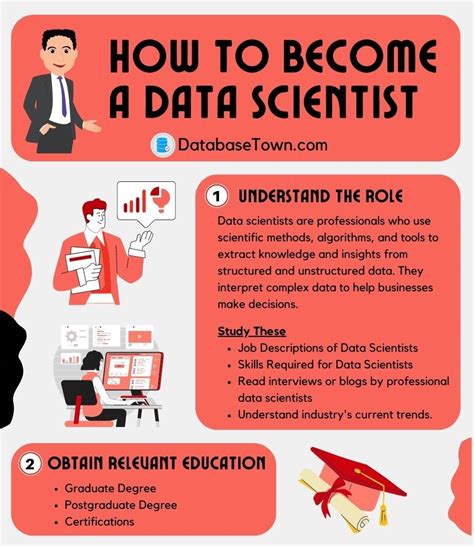
Scientists play a vital role in society, driving innovation and solving complex problems. They work in laboratories, universities, and research institutions, using cutting-edge equipment and techniques to collect and analyze data. By collaborating with other experts and sharing their findings, scientists contribute to the development of new products, technologies, and policies that benefit society as a whole. Some of the key areas where scientists make a significant impact include: * Medical research: Developing new treatments and cures for diseases * Environmental science: Studying and protecting our planet’s ecosystems * Technology: Creating new products and innovations that improve our daily lives * Space exploration: Exploring the universe and advancing our understanding of the cosmos
The Scientific Method
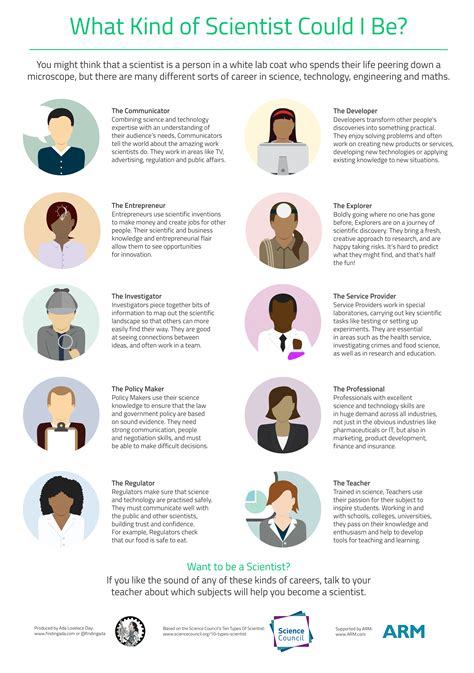
The scientific method is a systematic approach used by scientists to conduct research and experimentation. This method involves: 1. Observation: Identifying a problem or phenomenon to study 2. Hypothesis: Formulating a hypothesis or prediction to test 3. Experimentation: Designing and conducting experiments to collect data 4. Data analysis: Analyzing the data to draw conclusions 5. Conclusion: Drawing conclusions based on the data and results
Types of Scientists
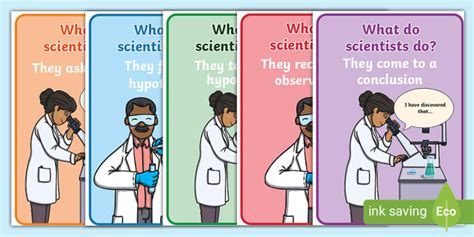
There are many types of scientists, each with their own area of specialization. Some examples include: * Biologists: Studying living organisms and ecosystems * Chemists: Analyzing the properties and reactions of chemicals * Physicists: Studying the fundamental laws of the universe * Geologists: Examining the Earth’s composition and processes * Atmospheric scientists: Studying the Earth’s atmosphere and climate
Tools and Equipment
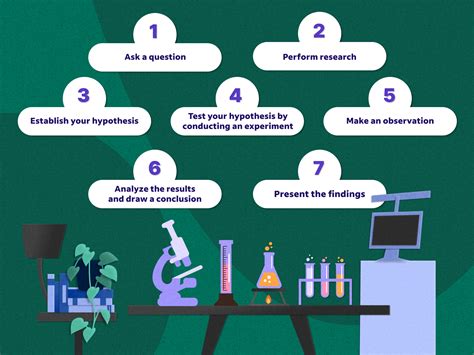
Scientists use a variety of tools and equipment to conduct their research, including: * Laboratory equipment: Microscopes, spectrometers, and other instruments for data collection * Computers and software: For data analysis, simulation, and modeling * Field equipment: For collecting data in the field, such as cameras, sensors, and sampling gear * Library and online resources: For accessing existing research and literature
Challenges Facing Scientists

Scientists face many challenges in their work, including: * Limited funding: Securing funding for research projects can be difficult * Complexity of problems: Many scientific problems are complex and require interdisciplinary approaches * Communication barriers: Sharing findings and collaborating with other experts can be challenging * Time constraints: Conducting research and meeting deadlines can be stressful
🔬 Note: Scientists must also consider the ethical implications of their research and ensure that their work is conducted in a responsible and safe manner.
Future of Science
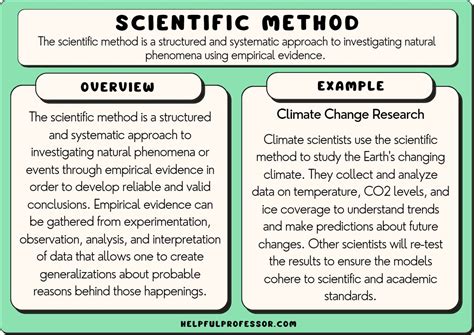
The future of science is exciting and rapidly evolving. Emerging fields like artificial intelligence, biotechnology, and nanotechnology are opening up new possibilities for scientific discovery and innovation. As scientists continue to push the boundaries of human knowledge, we can expect to see significant advances in areas like: * Personalized medicine: Tailoring medical treatments to individual needs * Renewable energy: Developing sustainable energy sources * Space exploration: Exploring and understanding the universe
To summarize, scientists play a crucial role in advancing our understanding of the world and the universe. By using the scientific method, collaborating with other experts, and developing new technologies, scientists drive innovation and solve complex problems. As we look to the future, it is clear that science will continue to shape our world and improve our lives.
What is the role of scientists in society?

+
Scientists play a vital role in society, driving innovation and solving complex problems. They work in laboratories, universities, and research institutions to develop new products, technologies, and policies that benefit society as a whole.
What is the scientific method?

+
The scientific method is a systematic approach used by scientists to conduct research and experimentation. It involves observation, hypothesis, experimentation, data analysis, and conclusion.
What are some of the challenges facing scientists?
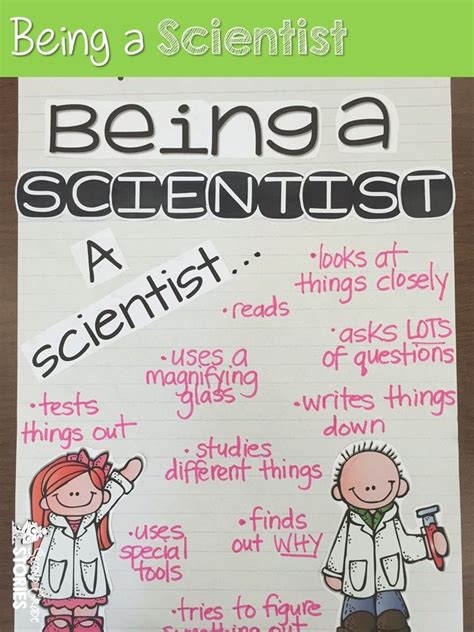
+
Scientists face many challenges, including limited funding, complexity of problems, communication barriers, and time constraints. They must also consider the ethical implications of their research and ensure that their work is conducted in a responsible and safe manner.
Related Terms:
- Scientist work
- How to become a scientist
- Type of scientist
- A scientist do
- 5 steps of scientific research
- requirements to become a scientist



